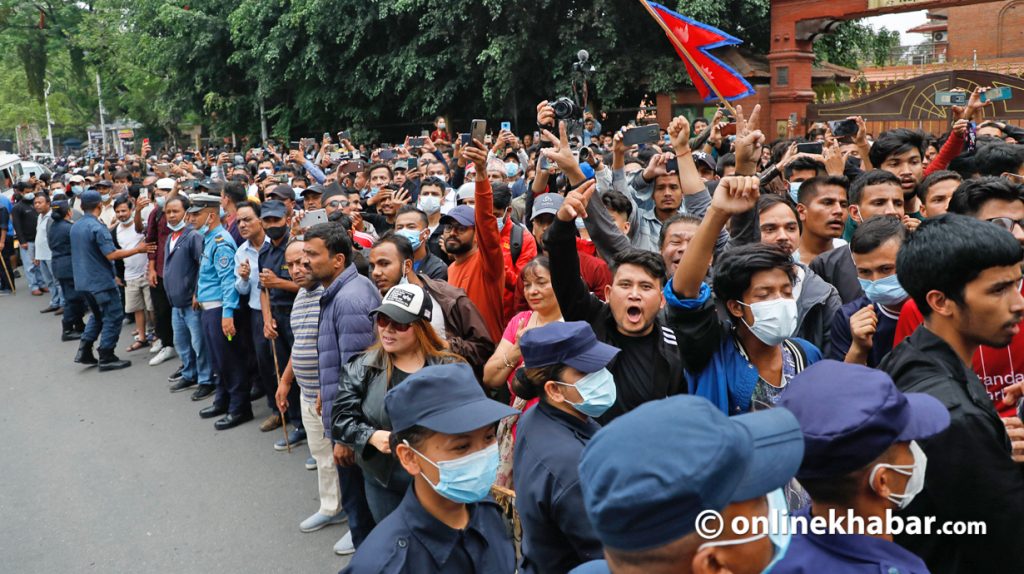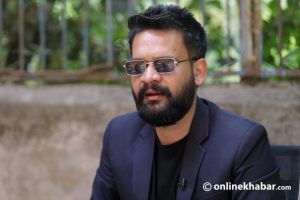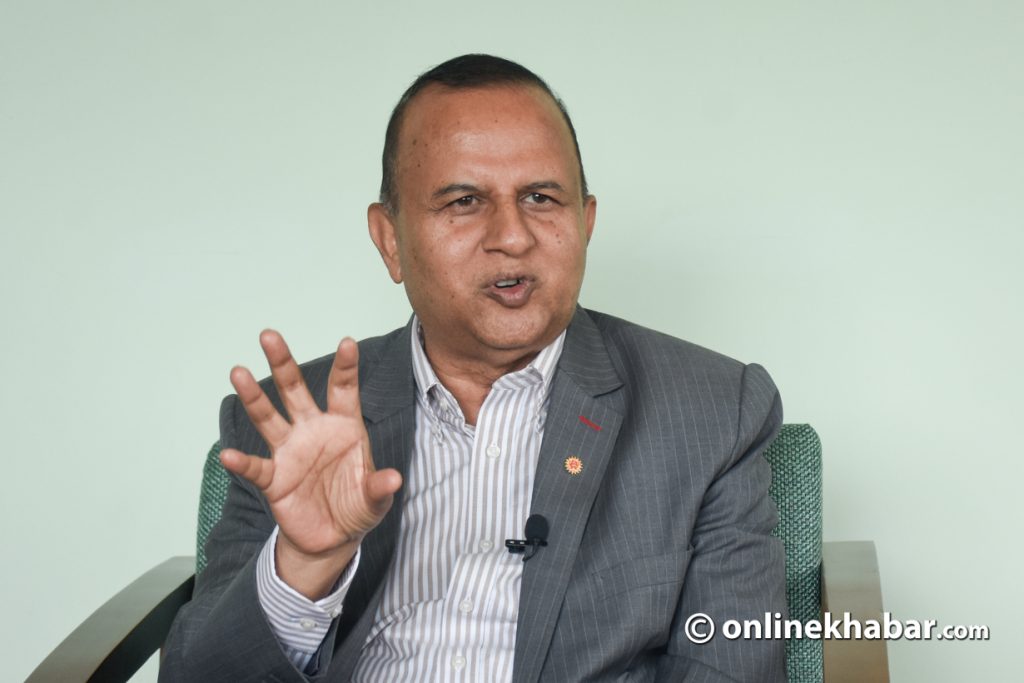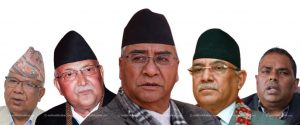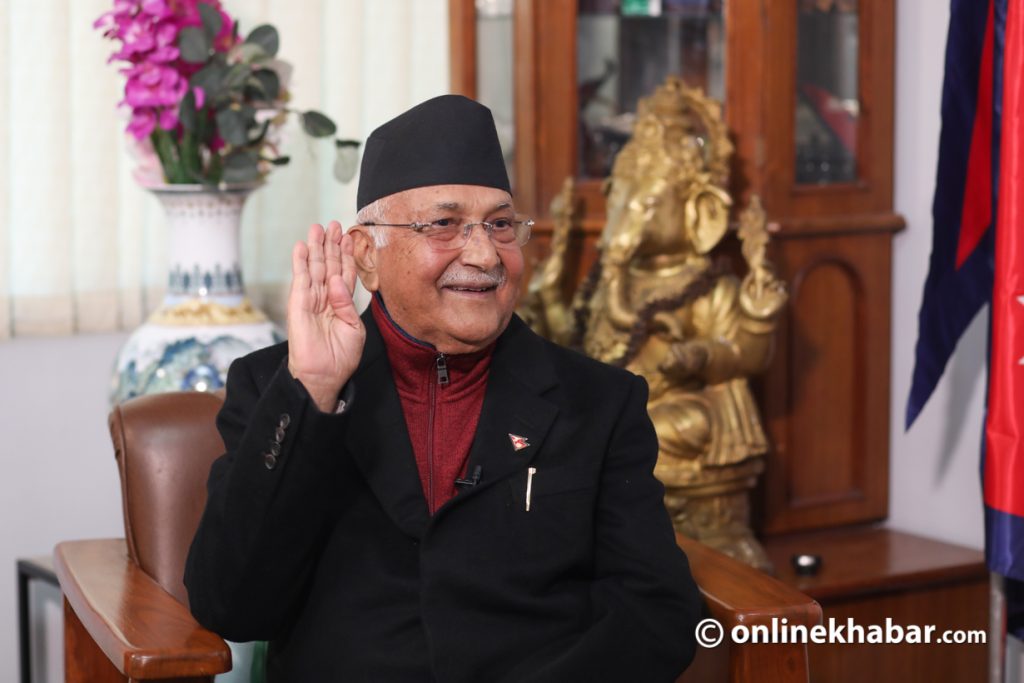Before the recent local elections, no one had given Balen Shah a chance. His competitors had joked about him while people affiliated with the parties had said he was no threat. But, seven days after the elections, he shut the mouths of all naysayers as he leads the race to become the mayor of Kathmandu by over 10,000 votes.
This has rocked Nepal’s two major political parties–the CPN-UML and Nepali Congress–as Shah almost has more votes than Keshav Sthapit and Sirjana Singh combined. As of Friday morning, this is not a close contest as Balen Shah aims to become the first independent candidate to become the mayor of Kathmandu.
This comes as a slap on the face of the Bibeksheel Sajha Party, a political party that claimed to be an alternative force in Nepal’s political scene. Its candidate Samikshya Baskota has performed incredibly poorly as she has only received 186 votes so far. This comes as a shock to everyone because, in the 2017 local elections, Bibeksheel Nepali and Sajha Party separately did quite well and gave Nepali Congress and UML a run for their money. That encouraged the emerging alternative forces to merge the party and move forward. But, their performance in the current local elections is pathetic, to say the least.
We are not talking about Kathmandu only. Bibeksheel Sajha, as an alternative force, has done badly everywhere. So far, it has won the local leadership in a rural municipality in Bara only.
Another slap in its face comes from Gopal Hamal who left Bibeksheel Sajha and contested for the position of mayor in the Dhangadhi sub-metropolitan city. He has taken a major lead in the race, leaving behind candidates from the UML and Nepali Congress. Another independent, Harka Raj Rai, is leading the race in Dharan sub-metropolitan city too.
Where are the alternative forces?

Bibeksheel Sajha agrees that the elections did not go as planned. Issuing a statement a few days after the polls, it stated it did not have the people who would give ample time to the party and also did not have the financial means to contest the election.
“We have been able to establish ourselves in different parts of the country in these five years, but because we didn’t have human and financial resources, we didn’t do well in the election,” says a statement issued by the party’s spokesperson Sharad Raj Pathak.
Pathak in the statement also wrote the party also felt the people did not like how unstable the party was as it went through a lot in the five years.
“We want to apologise to people who trusted us. We weren’t able to step up to people’s expectations,” the statement read.
Political analyst Shyam Shrestha says Bibeksheel Sajha ‘s main reason for a poor showing was how it did everything major parties like Nepali Congress or the UML did.
“There is nothing new when it comes to Bibeksheel Sajha. Its thinking is the same, its campaigning is the same and its action is also the same,” says Shrestha.
Shrestha says the ideological inclination of the “alternative force” also was not any different.
“When they took the side of the monarchy, things got worse. People will never believe you when you don’t stick to one ideology,” Shrestha adds.
Keshav Dahal, a former member of Bibeksheel Sajha, who was kicked out of the party, also says the public did not support it because of its political ideology.
“We did change the political system, but our mannerism remained the same. The people wanted to change how politics was done in the country, but we spent most of our time in useless discourses,” says Dahal. “We started to discuss if the people wanted democracy, or if the country needed federalism and if being secular was right or wrong. These weren’t important issues. But, because our leaders gave emphasis to this, people didn’t like us.”
He adds that the people of the country have some expectations from the alternative forces, but the party failed to live up to them.
“People hate parties like UML, Maoists and Nepali Congress because they have ruined the notion of democracy and always promoted old leaderships. They also hated these parties were full of corrupt politicians. They wanted alternative parties to break this, but Naya Shakti and Bibeksheel couldn’t do better,” says Dahal.
The one thing that irritated people was a document published by Rabindra Mishra, called Nation above Notion. In the document, Mishra has stated that the country needed to rethink if it wanted to be a federal and a secular state. He even spoke to Rastriya Prajatantra Party’s chairman Rajendra Lingden about a possible merger. Both did not go down well with their supporters.
But, the party disagrees this played a part.
Space to make a comeback

This has started a debate about if this is the death of alternative forces in the country. But, both Dahal and Shrestha argue this is just an anomaly and that there is a time for alternative forces to make a comeback in Nepali politics.
“Look at how well independent candidates are doing in parts of the country this is a positive sign,” says Dahal. “The entry of young people into politics is also another good sign as people are getting interested. This shows that there is a space of alternative forces in Nepali politics.”
Shrestha says the votes Balen Shah is getting in Kathmandu is promising. This, he says, shows that people want change.
“The people who want change voted for Balen Shah,” says Shrestha. “They hope he can bring change.”
But, he says people like Shah only focus on the middle class and the next alternative force should focus on the poor.
“There is no one who does politics for the poor which make up 70 per cent of the population. If people can successfully push their vision on these people, a real alternative force can be born,” adds Shrestha.
This story was translated from the original Nepali version and edited for clarity and length.



